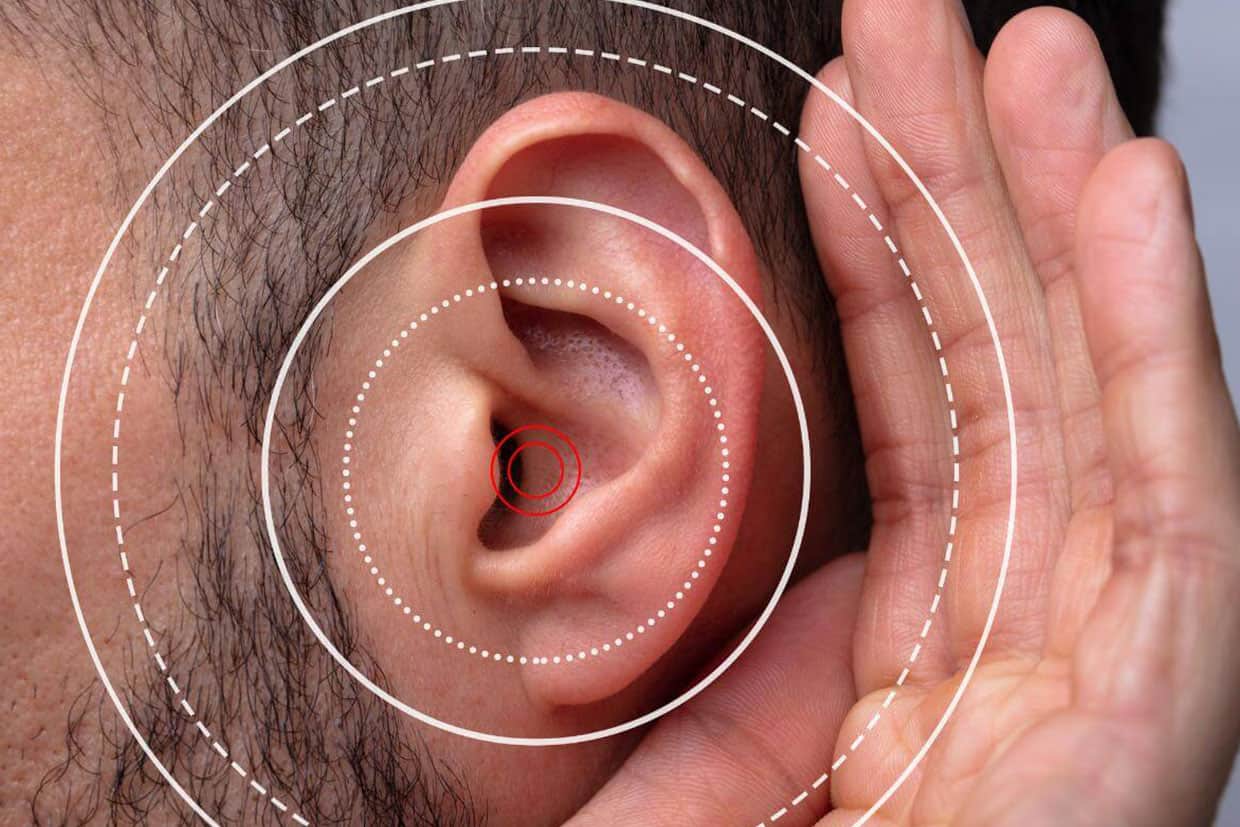Blog
Blog
How Noise Affects Your Brain

Noise is everywhere. From trains to televisions and airplanes to automobiles, the world is full of sounds and not all of them are pleasant. So, what’s all this noise doing to your brain? Here’s what you should know.
How does your brain process sound?
Sound is energy that’s produced by vibrations that travel through the air as waves of pressure. These waves enter your ears and are converted into neural signals. The process through which the brain interprets these signals is quite complex. It involves many different parts of the brain, including areas that are responsible for your emotions and memories Your brain shapes the way you experience noise and the world around you. Strengthening the pathways that are involved in hearing can help you to learn, read and become a better communicator.
How does background noise affect your concentration?
Some sounds can improve focus and creativity, while others are distracting and disruptive. White noise is a type of background noise that’s produced by combining all the different frequencies of sound and playing them at the same intensity level. White noise can mask unpleasant and distracting sounds and make it easier to concentrate. For this reason, many people prefer to work with some level of background noise.
How can noise pollution affect your health?
Noise can affect you either positively or negatively. On the one hand, it can improve your mood and well-being, on the other hand, it can disrupt your sleep and in some cases induce hearing loss.
Noise pollution refers to any loud or undesirable sound that’s detrimental to your health or well-being. Low frequency sounds, such as those produced by truck engines and motorcycles, can increase your blood pressure and cause your body to produce more cortisol. To provide some context, here are the measurements for sounds that we’re exposed to every day:
- Normal conversation: 60 decibels
- Vacuum cleaners: 75 decibels
- Alarm clocks: 80 decibels
- Heavy traffic: 85 decibels
- Lawn mowers: 90 decibels
- Leaf blowers: 110 decibels
- Emergency vehicle sirens: 120 decibels
Prolonged exposure to noise that measures more than 85 decibels can lead to hearing loss.
Hearing tests in Calgary
If you’re having trouble with your hearing, the friendly staff at Soundwave Hearing Care can help. Our team of audiologists and hearing-aid practitioners offers in-depth diagnostic hearing tests for people of all ages. We also offer a free online hearing check to help get you started. Contact us today to schedule an appointment.
All the blogs are reviewed and edited by our clinic's lead audiologist, Dr. Anne Wooliams. Dr. Woolliams is an experienced audiologist specialized in pediatric audiology, auditory processing, and tinnitus/sound sensitivity therapy. She is dedicated to providing top-notch hearing care and helping her clients improve their language and communication abilities. Dr. Woolliams' expertise in literature and linguistics, combined with her passion for helping people improve their language and communication, make her an incredibly valuable asset in the field of audiology. Learn more about Dr. Woolliams.
